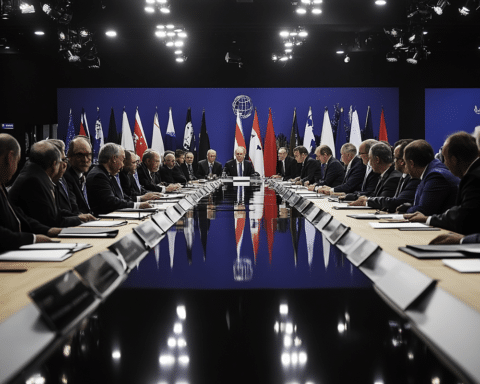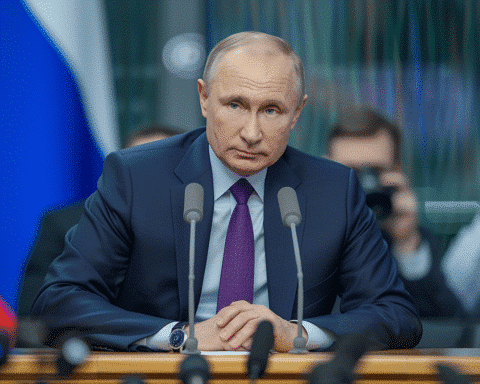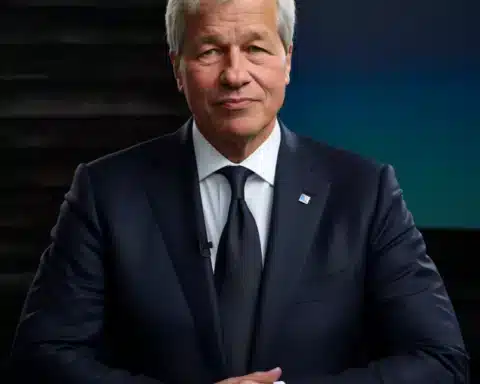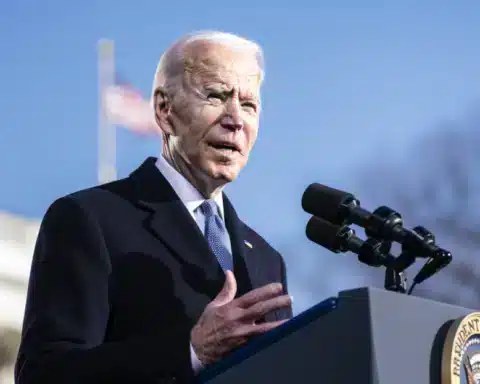The assassination of Lt. Gen. Igor Kirillov in Moscow has shocked the world. This bold act not only claimed the life of a senior Russian general but also brought the war in Ukraine directly to the heart of Russia’s capital. Here’s what we know about this audacious attack and its implications.
A Shocking Attack
Lt. Gen. Igor Kirillov, 54, chief of Russia’s Radiation, Biological, and Chemical Protection Forces, was killed Tuesday morning when a bomb hidden on an electric scooter exploded near his apartment building in southeastern Moscow. The bomb was remotely detonated as Kirillov left for work, and his assistant, Ilya Polikarpov, also lost his life in the blast.
According to Russia’s Federal Security Service (FSB), the explosion was caught on video from a car-mounted camera, providing grim footage of the fiery attack. The killing marked a new chapter in the escalating tensions between Russia and Ukraine.
The Victims: High-Profile Targets
Kirillov was a significant figure in Russia’s military, tasked with protecting troops from nuclear, chemical, and biological threats. He had been sanctioned by multiple countries, including the U.K. and Canada, for his role in the Ukraine conflict. On Monday, Ukraine’s Security Service (SBU) opened an investigation accusing him of directing the use of banned chemical weapons—claims Russia denies.
“Kirillov was a war criminal and an entirely legitimate target,” an anonymous SBU official said, confirming Ukraine’s involvement in the attack.
Who’s Behind the Bombing?
While no official group claimed responsibility, the SBU provided video evidence of the bombing. The FSB has detained a suspect, a 28-year-old from Uzbekistan, who allegedly confessed to being recruited by Ukrainian intelligence.
The suspect reportedly received instructions from handlers in Ukraine, built a homemade bomb, and monitored the scene before detonating the device. He was promised $100,000 and relocation to the European Union for carrying out the assassination, according to FSB statements.
Russia’s Response
Russian officials have labeled the attack a “terrorist act.” Kremlin spokesman Dmitry Peskov stated, “It’s obvious Ukraine is behind Kirillov’s killing,” and accused Kyiv of using “terrorist methods.”
Deputy Security Council head Dmitry Medvedev called the attack an attempt to distract from Ukraine’s military setbacks and vowed retribution. Vyacheslav Volodin, speaker of the lower house of parliament, described Kirillov as “a Russian patriot” who had strengthened the country’s defenses.
Unanswered Questions
Despite the FSB’s arrest, many questions remain. The suspect’s name has not been released, and details of his recruitment are unclear. The Kremlin has not disclosed where the suspect is being held or the exact timeline for court proceedings.
As the investigation continues, the world waits to see how this shocking act will shape the already fraught relationship between Russia and Ukraine.
A Turning Point in the Conflict
The killing of Lt. Gen. Igor Kirillov underscores the growing intensity of the Ukraine war and its spillover into Russia’s territory. As accusations fly and tensions escalate, this brazen act highlights the lengths both sides are willing to go.
This attack serves as a reminder of the far-reaching consequences of conflict. The question remains: How will this incident shape the course of this ongoing war?





